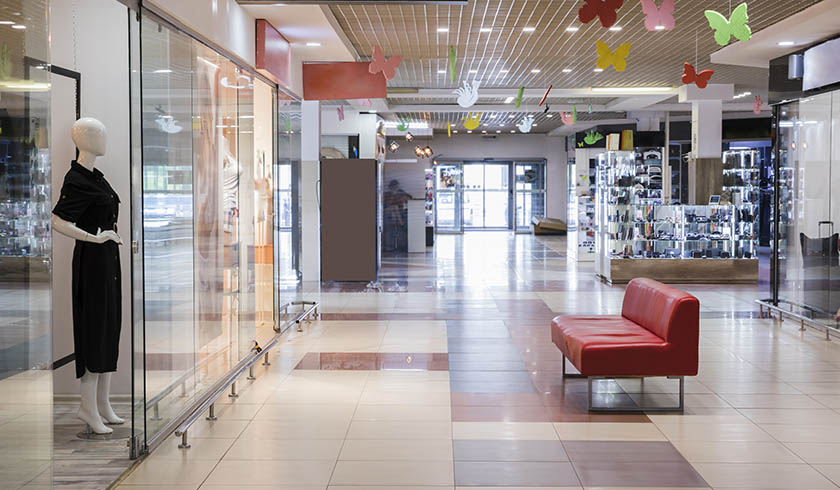How has COVID-19 affected commercial real estate?
An Australian network has broken down the impact COVID-19 has had on commercial real estate – from retail to office markets.

Speaking on behalf of Ray White Commercial Queensland, managing director and partner Michael McCullagh revealed how the pandemic has flowed on to commercial markets.
“Despite all the doom and gloom, the fundamentals that underpin investment in real estate continue to drive buyer demand,” he said.
“There will be sectors more at risk than others, which will attract scrutiny over tenant covenants, but some sectors will continue to perform strongly.”
Mr McCullagh noted that the widespread challenges businesses have during COVID-19 will undoubtedly impact commercial leasing. However, with the right government support, the property investment market should remain strong.
“The federal government has announced a number of measures to encourage tenants, landlords and banks to work together to see through this period, but we’re cautiously optimistic on the post-coronavirus market, especially for investment,” he said.
“The cash rate is at 0.25 per cent, which means interest rates are at record-low levels and the cost of funding is cheap, but also money left in the bank is making little return.
“Historically, sharemarket volatility drives investor confidence to more stable investment returns such as property, and this is showing early signs of holding true.
“We expect that when travel restrictions are lifted for both interstate and international buyer groups, potential sellers who are ready to move quickly will see significant upside from the pent-up demand.
“The value of the lower Australian dollar against the US will further drive global capital to our shores.”
Retail sector
Breaking down commercial sectors, Mr McCullagh noted challenging times for retail.
“It’s probably no surprise to anyone, but properties that are exposed to fashion, tourism, education or hospitality will have some challenging times ahead as the physical distancing and non-essential gathering restrictions are enforced,” he said.
“Travel agents, airline companies, car rental companies, food and beverage, entertainment etc are being significantly challenged.
“Experts expect the worst of this virus to pass within three to six months, after which we could expect a surge of pent-up demand from restricted travel and lifestyle.
“In the meantime, low interest rates, support from lenders and government stimulus packages will hopefully get them through, while fast-food, supermarkets, electrical goods and non-discretionary retailers will continue to thrive.”
Industrial sector
According to Mr McCullagh, the supply chain and logistics sector will be interesting to watch.
“As more people are isolated or having to avoid large gatherings to stay home, they’re more inclined to order online, and we’ll be watching the e-commerce market,” he said.
“These goods come from warehouses and industrial facilities, and we expect occupier and investor demand for these assets to remain strong.”
Office sector
Drawing on feedback from those in the office sector, Mr McCullagh said many are expecting structural changes to occur to the way businesses, especially corporate businesses and professional services, operate.
“We believe it will accelerate the flexibility of many employers to incorporate remote working as part of their organisational strategy and have greater confidence in the adoption of technology,” he said.
“However, we expect occupier and investor demand will remain strong post-COVID-19 as a material change in demand would require a long-term cultural and societal shift, which is unlikely to take place during this relatively short time frame. Although it is giving us plenty to think about and watch keenly.”
Alternative investments
Meanwhile, alternative commercial investments, such as those involved in medical and allied health and technology, are set to remain popular, according to Mr McCullough.
“Commercial properties with medical tenants, unsurprisingly, will remain popular. Although allied health tenants such as physios, chiropractors, optometry etc might be challenged temporarily, they will continue to be an essential medical service and impact is likely to be short-term,” he said.

